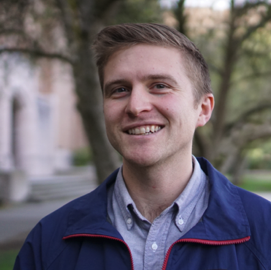Abstract: Synthesizing metal-organic frameworks (MOFs) as nanoparticles is critical for their large-scale processability in real-world technologies and is poised to alter wide-ranging MOF behaviors, especially those related to transport phenomena. Little is known about controlled synthetic techniques, however, and studies into the impact of nanosizing have only just begun. Here, we present synthetic methods and mechanistic models that enable the precise preparation of MOF particles with conductive, magnetic, optical, and dynamic-bonding behavior distinct from their bulk counterparts. These results include the first analysis of MOFs by solution-state spectroscopy and electrochemistry, revealing size-dependent phenomena and interfacial chemistry impossible to observe with conventional framework materials. Taken together these results offer tools for fabricating MOFs at-scale, while opening fundamental questions into the structure-size-property relationships of materials, in general.
Bio: Prof. Brozek hails from Chicago, IL, where he stayed for college at the University of Chicago to learn coordination chemistry with Prof. Gregory Hillhouse. At MIT, he earned his Ph.D. studying the reactivity of MOF metal nodes under Prof. Mircea Dinca. As an WRF Innovation Fellow at the University of Washington, he investigated the redox properties of semiconductor nanocrystals with Prof. Daniel Gamelin and then started his independent career at the University of Oregon in 2018.
Speaker:
Institution:
Location:

